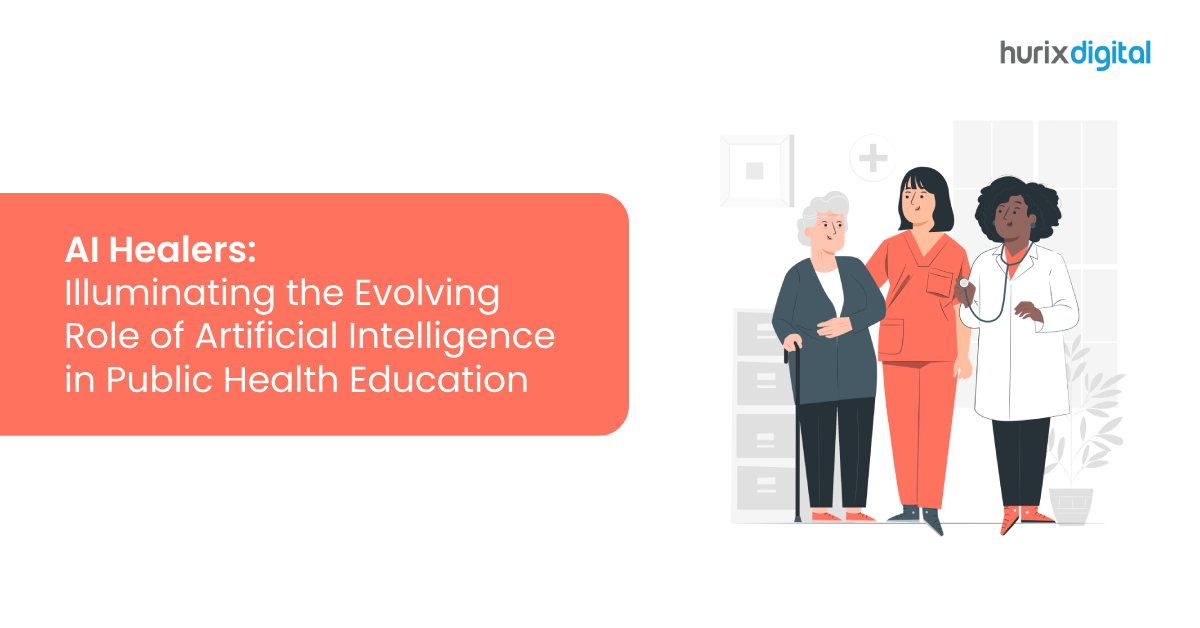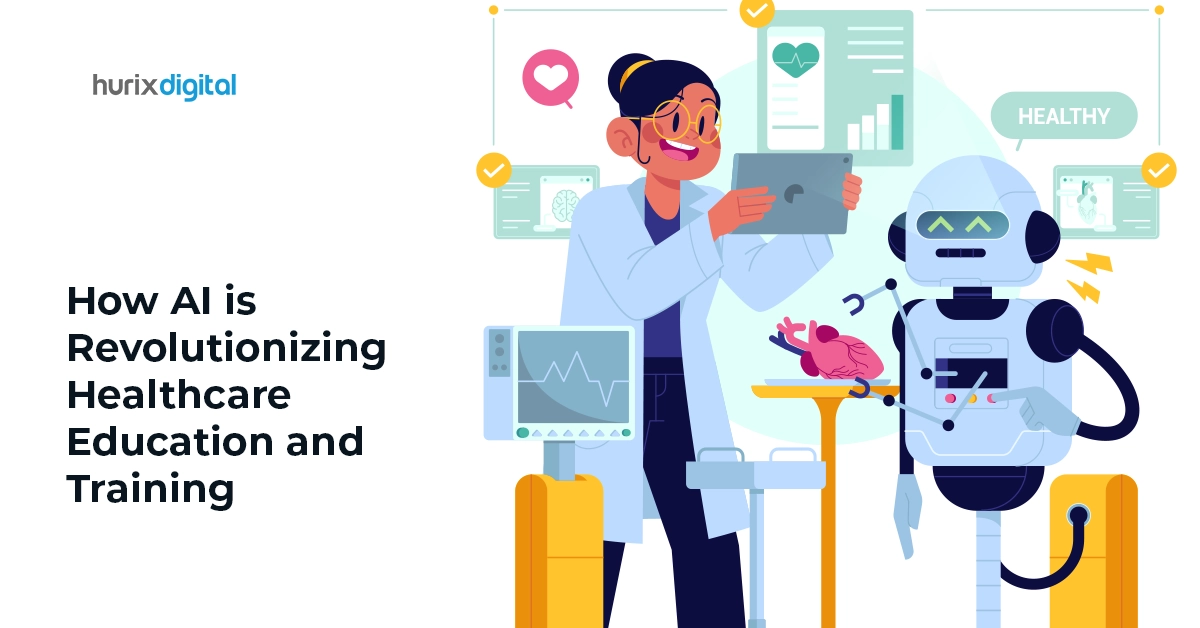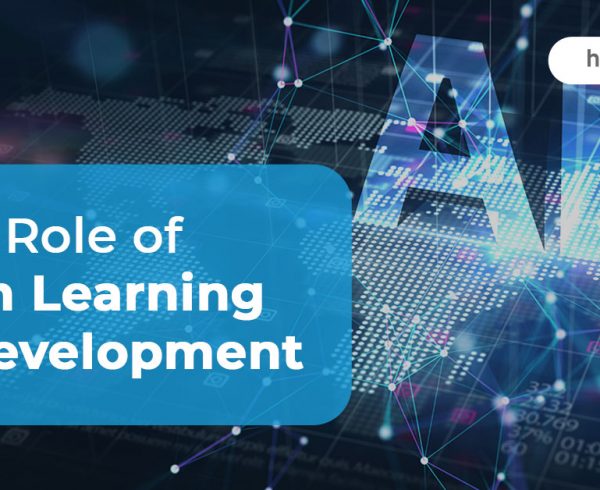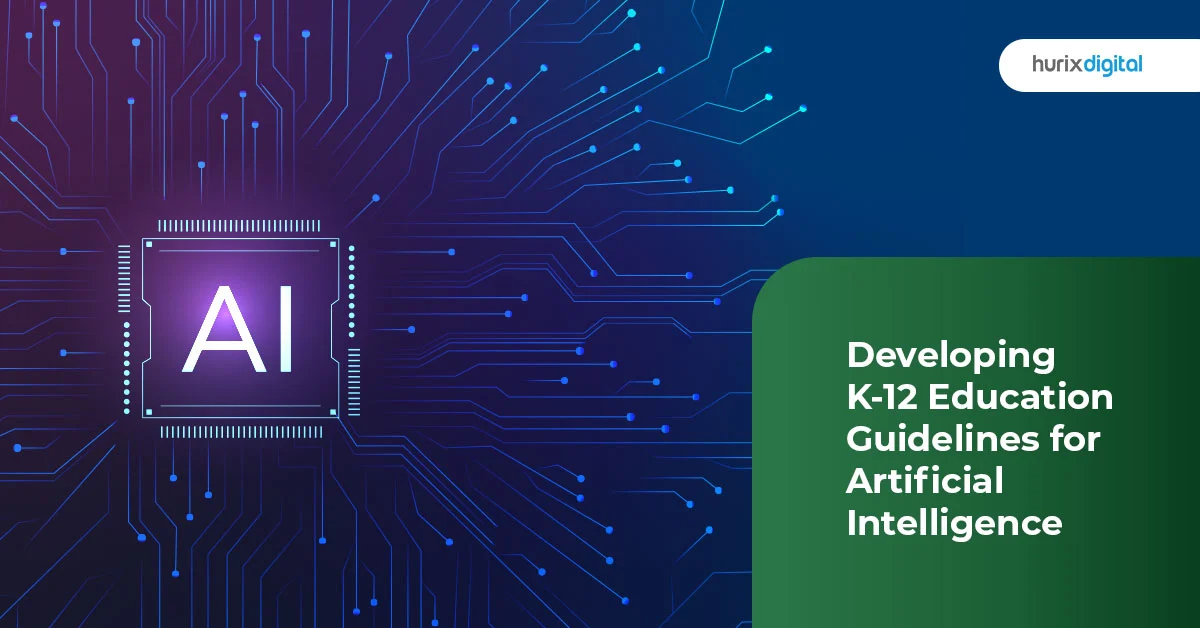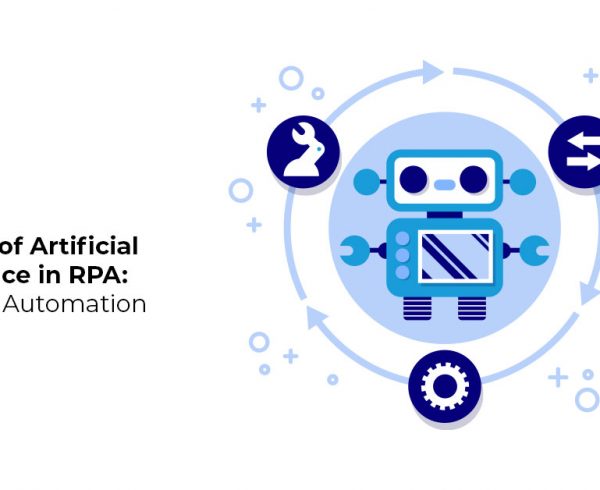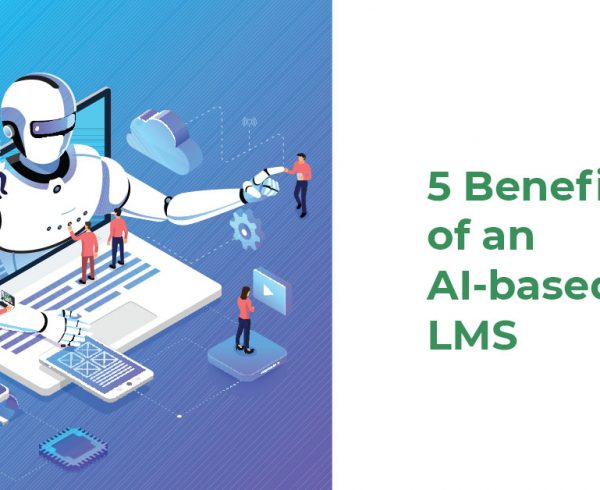Summary
Explore the transformative impact of AI in public health education with our blog 'AI Healers'. Delve into how artificial intelligence is reshaping healthcare training, from personalized learning to predictive analytics. Witness the evolving role of AI as a powerful ally in advancing public health awareness and practice.
The world of public health education is undergoing a paradigm shift, driven by the burgeoning power of artificial intelligence (AI). Once confined to science fiction, AI is rapidly becoming an indispensable tool, shaping the way we learn, predict, and respond to health challenges.
From personalized learning experiences to disease detection and outbreak prediction, AI’s impact on healthcare is undeniable. The global healthcare AI market is expected to reach $148.4 billion by 2029. Artificial Intelligence (AI), once a futuristic concept, is rapidly becoming an indispensable tool for diagnosis, treatment, and even prevention.
However, its influence extends beyond clinical settings, reshaping the very foundation of healthcare education. Enter AI Healers, a new generation of healthcare professionals empowered by AI to tackle the public health challenges of tomorrow.
Table of Contents:
- The Need for Transformation: Challenges in Public Health Education
- AI Healers: Illuminating the Path to a Better Future
- How are AI Healers Ushering in a New Era?
- Examples of AI in Action
- Ethical Considerations and the Impact of AI on Public Health Education
- Wrapping Up
The Need for Transformation: Challenges in Public Health Education
Public health education faces a multitude of challenges: outdated curricula, limited access, and the ever-growing complexity of healthcare issues. Traditional methods struggle to keep pace with the evolving landscape, leaving graduates ill-equipped for the realities of the medical profession.
Public health education faces several challenges:
- Information overload: The sheer volume of medical research creates difficulties in keeping up with the latest advancements.
- Ineffective traditional methods: Traditional teaching methods like lectures often struggle to cater to individual learning styles and needs.
- Limited access to resources: Educational opportunities are not equally distributed, leaving many populations underserved.
- Evolving health landscape: Emerging diseases and changing demographics require constant adaptation of training programs.
It demands a transformative approach, one that leverages AI to personalize learning, democratize access, and empower future professionals with the skills to tackle tomorrow’s public health challenges.
Also Read: How to Hire the Best Healthcare Instructional Designer for Your Training Needs?
AI Healers: Illuminating the Path to a Better Future
AI Healers are not futuristic heroes; they are the emerging generation of healthcare professionals empowered by AI to create a healthier world. Imagine AI-powered simulations that hone their clinical skills, or vast datasets analyzed by AI revealing hidden patterns in disease outbreaks.
These empowered professionals will be better equipped to diagnose, treat, and prevent health issues, ensuring better outcomes for individuals and communities alike. AI is emerging as a potent solution to these challenges, offering numerous benefits:
- Personalized Learning: AI-powered platforms can tailor learning experiences to individual needs and preferences. Adaptive learning systems adjust difficulty levels based on individual progress, while virtual tutors provide personalized feedback and support.
- Enhanced Accessibility: AI-powered language translation tools break down language barriers, enabling wider access to educational resources. Additionally, text-to-speech and speech-to-text technologies cater to individuals with disabilities.
- Disease Prediction and Prevention: AI algorithms can analyze vast datasets to identify patterns and predict disease outbreaks before they occur. This allows public health professionals to take proactive measures and implement targeted interventions.
- Streamlined Research and Analysis: AI can analyze large datasets of medical research to identify new insights and connections, accelerating the pace of scientific discovery.
- Efficient Resource Management: AI can optimize resource allocation within public health systems, ensuring that resources reach the populations most in need.
How are AI Healers Ushering in a New Era?
AI’s impact extends beyond empowering individuals. It can revolutionize public health systems by optimizing resource allocation, predicting outbreaks, and tailoring interventions to specific populations. Over 79% of healthcare professionals believe AI will improve patient care.
AI-powered tools can analyze vast amounts of data in real-time, informing evidence-based decision-making and enabling proactive public health measures. This ushers in a new era of healthcare, one where data-driven insights and AI-powered interventions pave the way for a healthier and more resilient future.
AI’s diverse applications in public health education can be broadly categorized into:
1. Personalized Learning:
- Adaptive learning platforms: AI algorithms tailor learning experiences based on individual strengths, weaknesses, and learning styles, maximizing knowledge retention and engagement.
- Virtual tutors: AI-powered chatbots provide personalized guidance, answer questions, and offer feedback, creating a supportive and interactive learning environment.
- Gamification: Educational games infused with AI elements make learning fun and engaging, particularly for younger generations.
2. Enhanced Content Delivery:
- AI-powered content creation: Tools like natural language processing (NLP) can generate personalized learning materials, translate content into different languages, and adapt existing resources for diverse audiences.
- Interactive simulations: Immersive simulations powered by AI allow learners to practice real-life public health scenarios in a safe and controlled environment.
- Visualization tools: AI-powered data visualization tools help learners understand complex epidemiological data and public health trends.
3. Advanced Research and Analysis:
- Personalized medicine: AI can analyze individual genetic and health data to predict disease risks and recommend personalized preventive measures.
- Drug discovery: AI-powered simulations accelerate drug discovery by analyzing massive datasets to identify potential new treatments.
Examples of AI in Action
Several initiatives showcase the power of AI in public health education:
- Virtual reality (VR) simulations train healthcare workers on emergency procedures in realistic environments.
- Chatbots provide 24/7 access to health information and answer basic questions, reducing the burden on healthcare professionals.
- AI-powered games educate children about healthy habits and disease prevention in an engaging way.
Ethical Considerations and the Impact of AI on Public Health Education
While AI holds immense potential, ethical considerations cannot be ignored. Issues like data privacy, bias in algorithms, and responsible implementation need careful attention. Public health education must equip future professionals to navigate these complexities, ensuring AI serves as a force for good, promoting equity and inclusivity in healthcare for all.
By fostering ethical awareness alongside technical skills, we can ensure AI Healers become true agents of positive change in the healthcare landscape:
- Bias and discrimination: AI algorithms can perpetuate existing biases in healthcare data, leading to unfair outcomes. Ensuring diverse datasets and rigorous testing is crucial.
- Privacy concerns: Protecting patient data privacy in AI-powered systems is paramount. Robust data security measures and clear user consent are essential.
- Oversight and accountability: AI should not replace human judgment and expertise. Healthcare professionals must remain involved in decision-making and be accountable for the use of AI tools.
Also Read: Crafting Medical Mastery: The Art and Impact of Instructional Design in Education
Wrapping Up
The integration of AI in public health courses can lead to a more equitable, accessible, and effective healthcare system. By embracing AI responsibly and ethically, we can empower future generations of public health professionals with the knowledge and tools needed to build a healthier world for all.
Hurix Digital provides innovative AI-powered solutions for healthcare and education. They offer resources, tools, and expertise to help you navigate the world of AI and contribute to a healthier future for all.
The sooner you start, the sooner you can contribute to a healthier and more equitable world for all. Take the first step by contacting us today!


